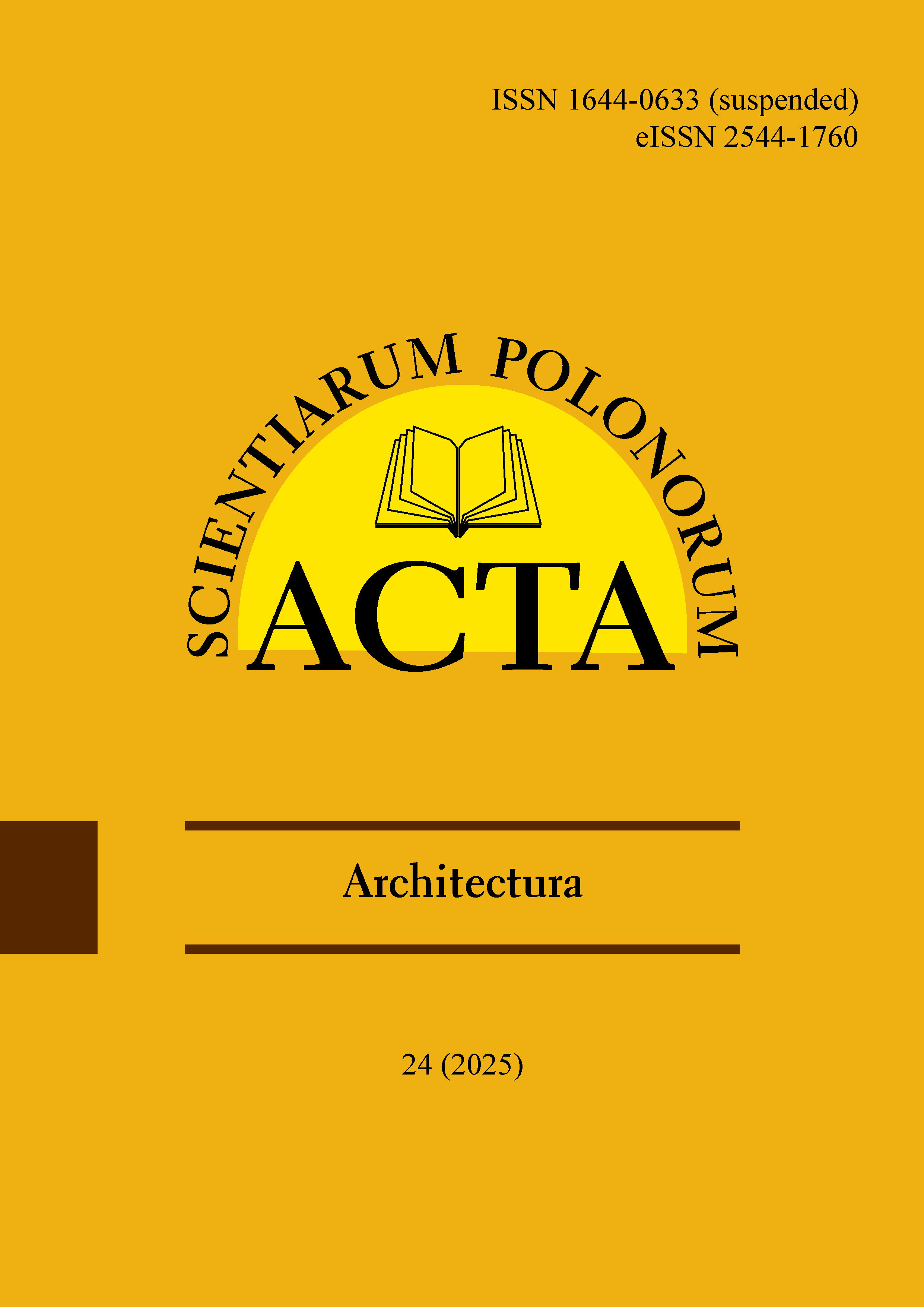Main Article Content
This article analyses the strength and dilatancy of three sands with different morphologies using four established stress‒dilatancy theories. The morphology of granular materials, including sands, significantly influences their physical, mechanical, and hydraulic behaviour, mainly due to the influence of grain shape. Sands with more angular grains demonstrated higher strength and dilatancy than the ones with rounded grains. Analysing the influence of relative density and stress levels on the strength and dilatancy of sands in direct shear tests indicates that an increase in relative density enhances sand strength and dilatancy, while an increase in stress levels reduces these properties. The essential influence of grain morphology, relative density, and stress level on sand strength provides valuable insights for geotechnical applications concerning granular materials.
Article Details
Anusree, K. V. & Latha, G. M. (2023). Characterization of sand particle morphology: state-of-the-art. Bulletin of Engineering Geology and the Environment, 82 (269). https://doi.org/10.1007/s10064-023-03309-x (Crossref)
Amirpour Harehdasht, S., Hussien, M. N., Karray, M., Roubtsova, V. & Chekired, M. (2019). Influence of particle size and gradation on shear strength–dilation relation of granular materials. Canadian Geotechnical Journal, 56, 208–227. https://doi.org/10.1139/cgj-2017-0468 (Crossref)
Bolton, M. D. (1986). The strength and dilatancy of sands. Géotechnique, 36 (1), 65–78. https://doi.org/10.1680/geot.1986.36.1.65 (Crossref)
Casagrande, A. (1936). Characteristics of cohesionless soils affecting the stability of slopes and earth fills. Journal of the Boston Society of Civil Engineers, 23 (1), 13–32.
De Josselin De Jong, G. (1976). Rowe’s Stress-Dilatancy Relation based on friction. Géotechnique, 26 (3), 527–534. https://doi.org/10.1680/geot.1976.26.3.527 (Crossref)
Dołżyk, K. (2006). The Non-Linear Mohr-Columb Model for Sands. Studia Geotechnica et Mechanica, 28, 2–4.
Dołżyk Szypcio, K. (2019). Direct shear test for coarse granular soil. International Journal of Civil Engineering, 17, 1871–1878. https://doi.org/10.1007/s40999-019-00417-2 (Crossref)
Dołżyk-Szypcio, K. (2020). Stress−Dilatancy Relationship of Erksak Sand Under Drained Triaxial Compression. Geosciences, 314 (10), 353. https://doi.org/10.3390/geosciences10090353 (Crossref)
Dołżyk-Szypcio, K., Szypcio, Z., Godlewski, T. & Witowski, M. (2024). Stress–Dilatancy Behavior of Alluvial Sands. Applied Science, 14, 6228. https://doi.org/10.3390/app14146228 (Crossref)
Guida, G., Sebastiani, D., Casini, F. & Miliziano, S. (2019). Grain morphology and strength-dilatancy of sands. Géotechnique Letters, 9, 1‒19. https://doi.org/10.1680/jgele.18.00199 (Crossref)
Gutierrez, M. S. & Wang, J. (2010). Discrete element simulations of direct shear specimen scale effects. Géotechnique, 60 (5), 395–409. https://doi.org/10.1680/geot.2010.60.5.395 (Crossref)
Houlsby, G. T. (1991). How the dilatancy of soils affects their behaviour. Proceedings of the Tenth European Conference on Soil Mechanics and Foundation Engineering, 4, 1189–1202.
Lee, K. L. & Seed, H. (1967). Drained strength characteristics of sands. Journal of Soil Mechanics Foundations Division, ASCE, 93 (6), 117–141. (Crossref)
Peng, Z., Chen, C. & Wu, L. (2021). Numerical Investigation of Particle Shape Effect on Sand Shear Strength. Arabian Journal for Science and Engineering, 46, 10585–10595. https://doi.org/10.1007/s13369-021-05430-z (Crossref)
Rowe, P. W. (1962). The stress-dilatancy relation for static equilibrium of an assembly of particles in contact. Proceedings of the Royal Society A: Mathematical, Physical and Engineering Sciences, 269 (1339), 500–527. https://doi.org/10.1098/rspa.1962.0193 (Crossref)
Scarpelli, G. & Wood, D. M. (1982). Experimental observations of shear band patterns in direct shear tests. In Proceedings of the IUTAM Conference on Deformation and Failure of Granular Materials (pp. 472–484). Delft.
Szypcio, Z. (2017a). Stress–dilatancy for soils. Part III: Experimental validation for the biaxial condition. Studia Geotechnica et Mechanica, 39 (1), 73–80. https://doi.org/10.1515/sgem-2017-0007 (Crossref)
Szypcio Z. (2017b). Stress–dilatancy for soils. Part IV: Experimental validation for simple shear conditions. Studia Geotechnica et Mechanica, 39 (1), 81–88. https://doi.org/10.1515/sgem-2017-0008 (Crossref)
Szypcio, Z. (2023). Stress-dilatancy behaviour of calcareous sand. In Proceedings of the 8th International Symposium on Deformation Characteristic of Geomaterials (ISDCG2023), Porto, Portugal, 3–6 September 2023. Retrieved from: https://www.issmge.org/publications/publication/stress-dilatancy-behaviour-of-calcareous-sands [accessed: 24.04.2024]. (Crossref)
Szypcio, Z., Dołżyk-Szypcio, K. & Nurgaliyev, A. (2022a). Stress-dilatancy relationship of sand-rubber mixtures. IOP Conference Series: Materials Science and Engineering, 1260, 012003. https://doi.org/10.1088/1757-899X/1260/1/012003 (Crossref)
Szypcio, Z., Dołżyk-Szypcio, K. & Mierczyński, J. (2022b). Dilatant nature of sand shear strength. Applied Sciences, 12 (5), 2332. https://doi.org/10.3390/app12052332 (Crossref)
Taylor, D. W. (1948). Fundamentals of soil mechanics. New York: John Wiley and Sons. (Crossref)
Wang, J., Dove, J. E. & Gutierrez, M. S. (2007). Discrete-continuum analysis of shear banding in the direct shear test. Géotechnique, 57 (6), 513–526. https://doi.org/10.1680/geot.2007.57.6.513 (Crossref)
Wang, T., Ma, L., Wang, M., Li, Z., Zhang, X. & Geng, H. (2021). Effects of particle shape on dynamic mechanical behaviours of coral sand under one-dimensional compression. Engineering Geology, 304, 106624. https://doi.org/10.1016/j.enggeo.2022.106624 (Crossref)
Zhang, L. & Thornton, C. (2007). A numerical examination of the direct shear test. Géotechnique, 57 (4), 343–354. https://doi.org/10.1680/geot.2007.57.4.343 (Crossref)
Downloads

This work is licensed under a Creative Commons Attribution-NonCommercial 4.0 International License.

